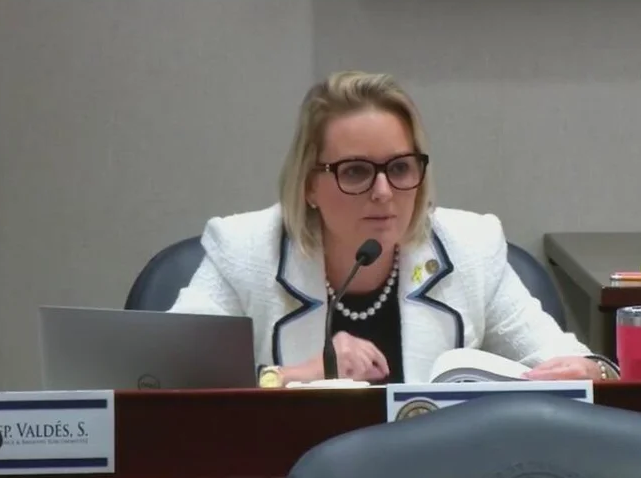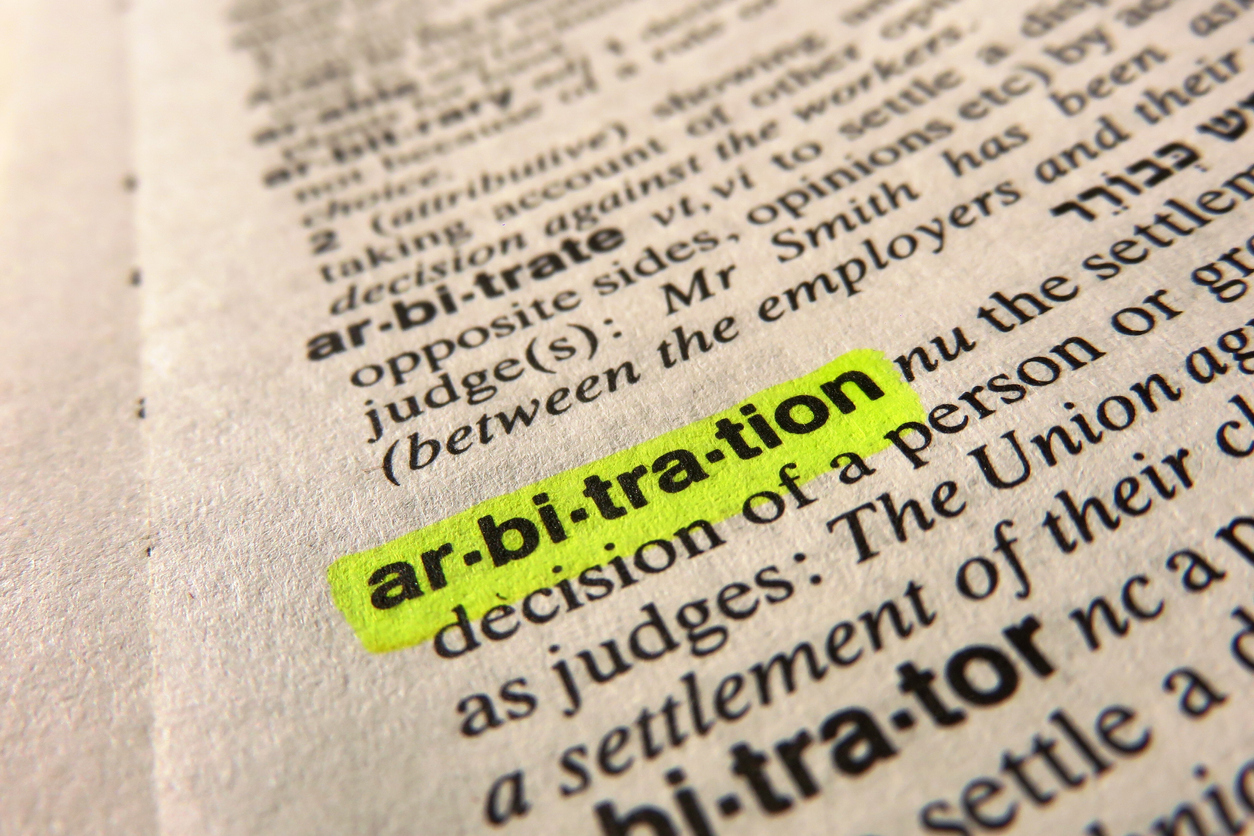The recently issued Emergency Rule 69BER24-4 in Florida creates a concerning conflict with Xactimate’s license agreement, highlighting yet another way the insurance industry exercises control over claims adjusting practices. Xactimate’s license agreement explicitly states: “You agree not to prohibit or preclude deviations from the Price Data where contractor requirements, market conditions, demand or any other factor warrants the use of a different line-item price in the specific situation.” Yet the emergency rule does precisely that: It prohibits price modifications unless adjusters can provide extensive documentation justifying each change.
This conflict is particularly troubling given that Xactimate is already controlled by the insurance industry through its parent company, Verisk Analytics. I’ve previously noted this conflict in Xactimate Controlled by the Insurance Industry. Verisk was formed as a parent company to the Insurance Services Office (ISO) and was privately held by insurance companies until 2009. Even after going public, insurance carriers remain the principal shareholders.
Worse, Xactimate pricing is notoriously low following hurricanes as demand for materials and labor causes shortages and price increases, which did not occur before the storm. Our firm has held seminars with Xactimate trainers teaching estimators how to overcome the notoriously wrong and underpriced estimates caused by the Xactimate software, as noted a decade ago in Xactimate Price Trend Does Not Reflect Actual Costs.
Earlier this year, I posted that even Xactimate acknowledges its pricing is inaccurate in Xactimate Price Warning—Xactimate Finally Admits It Is Not So Exact!:
We do not warrant the accuracy of pricing information in the Price Data. Price Data is intended to represent historical information and should be used as a baseline or place to begin creation of an estimate. We provide Price Data for informational purposes only. You must ensure that estimates include pricing consistent with actual materials, equipment, labor pricing, etc.
The rule’s restrictions on price modifications create several problems:
- Adjusters must choose between violating Xactimate’s license terms or the emergency rule.
- Post-hurricane market conditions typically require price adjustments that are much higher and will result in underpayments if not corrected.
- The extensive documentation requirements could delay claims payments when policyholders need them most.
Who Made This Rule
The rule says it is made for transparency. Really? How did this rule, if followed so that changes are not made to pricing and will underpay Floridians, come into existence? Who wrote it?
If you did not know better, most would think that Jimmy Patronis called the insurance lobby and asked for a rule to keep claims payments delayed and unfairly low. The first part of the workshop should be a full explanation with all documentation showing this rule’s genesis from initial thought to publication. We need a government in the sunshine because you don’t have to be a rocket scientist to figure out that this rule is an escape for insurers to “ethically” underpay policyholders. Some insurers will rely on the rule’s mandate not to change the wrong pricing.
Good Faith Insurers Are Shaking Their Heads
Those of us in the claims business speak to each other. There are many good players, but there are also some who follow wrongful practices and culture. Good claims adjusters and managers move estimates and payments along quickly. Actual bonafide pricing being charged by the contractors is looked at carefully and often paid for even when much higher, rather than blindly following some rigid software program. This is especially true after hurricanes.
We know this because we speak with well-meaning independent and insurance company adjusters all the time. Where do Patronis and DeSantis think the whistleblowers came from?
This conflict between the emergency rule, Xactimate’s license agreement and the realities of what goes on in the field exemplifies how the insurance regulators and some in the insurance industry continue to create barriers to fair claims adjusting. While the rule purports to protect consumers, it may prevent good faith property adjusters from quickly providing accurate estimates that reflect true market conditions after catastrophic events.
Policyholders should remain vigilant and consider consulting with public adjusters when dealing with estimates that seem to undervalue their claims. Indeed, since Jimmy Patronis, who is in bed with the insurance lobbyists, says not to hire a public adjuster right away—his statement suggests that Hurricane Helene and Milton policyholders need a professional to help right away!
Thought For The Day
What we tolerate, we get more of.
—Darren Hardy




